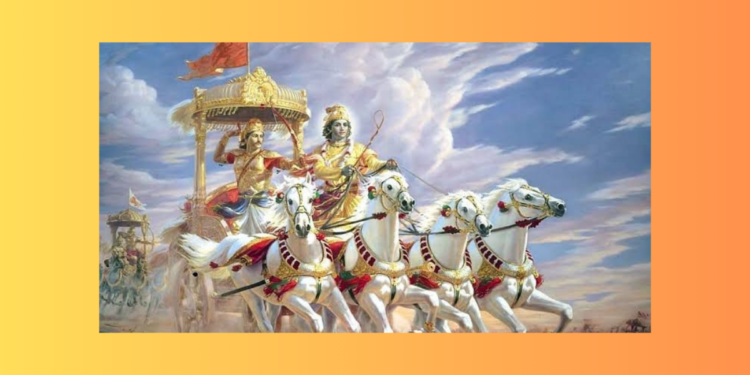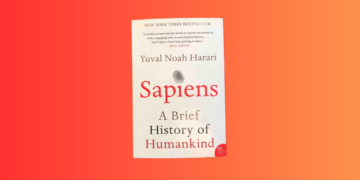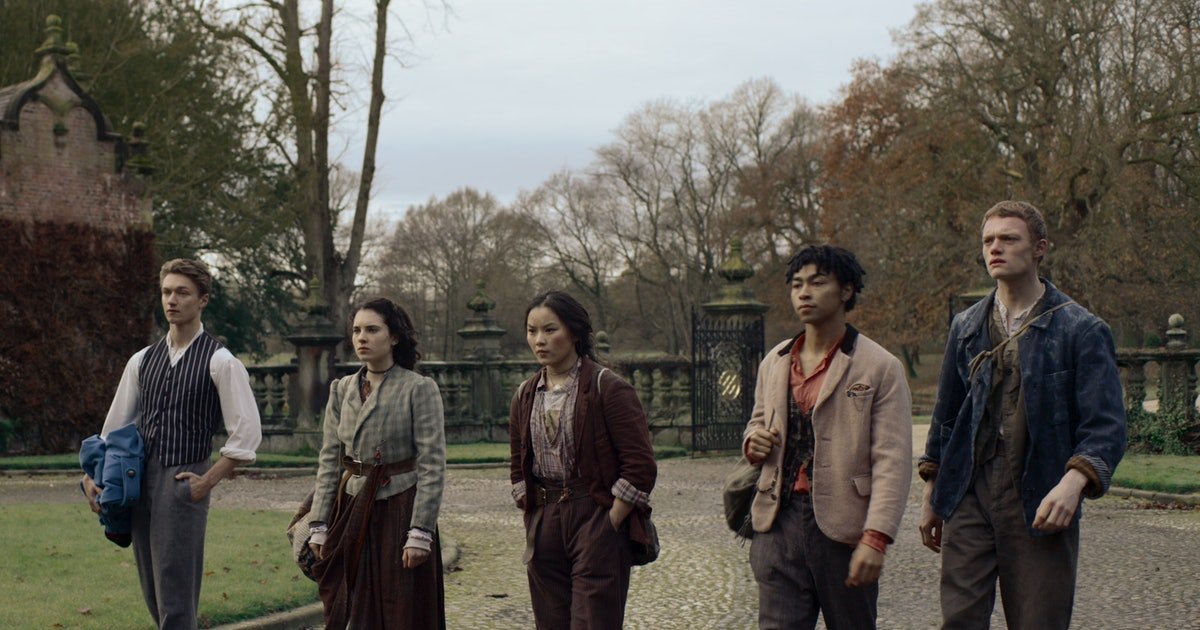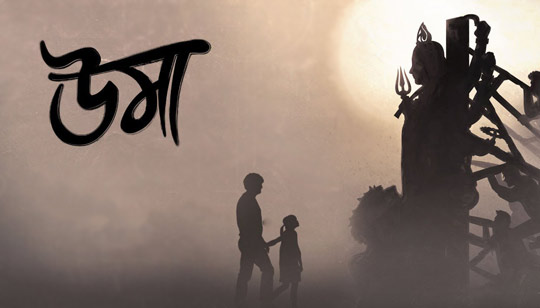“The Mahabharata,” an ancient Indian epic, is a sprawling narrative that encapsulates the richness of human experience, ethics, and spirituality. Composed thousands of years ago, the epic has transcended time and culture to become one of the world’s most profound literary and philosophical works. The Mahabharata, attributed to the sage Vyasa, is a treasure trove of stories, lessons, and timeless wisdom that continues to resonate with readers today.
Key Elements of “The Mahabharata”:
- Epic Scale and Ambition: At an estimated 100,000 shlokas (verses) in its original Sanskrit text, “The Mahabharata” is one of the longest epic poems in the world. It encompasses a wide range of narratives, including the core story of the Kurukshetra War, but also numerous subplots, parables, and discourses. The epic is a microcosm of human existence, exploring themes from morality to politics, philosophy, and spirituality.
- The Great Kurukshetra War: The central narrative of the Mahabharata is the Kurukshetra War, a colossal battle between the Pandavas and the Kauravas, two factions of a royal family vying for control of the Kuru Kingdom. The war becomes a backdrop against which a myriad of characters, each with their own complexities and moral dilemmas, grapple with the consequences of their actions.
- Characters and Moral Ambiguity: “The Mahabharata” is rich in complex, multidimensional characters who are neither entirely virtuous nor entirely evil. The epic explores the moral gray areas that exist within human nature. Notable figures include the wise and virtuous Yudhishthira, the skilled and valiant Arjuna, the enigmatic Krishna, and the flawed but intriguing Karna. The epic’s characters reflect the duality of human existence, where good and evil often intermingle.
- Bhagavad Gita: A pivotal moment within “The Mahabharata” is the inclusion of the “Bhagavad Gita,” a 700-verse conversation between Prince Arjuna and Lord Krishna, who serves as his charioteer. The Gita addresses profound philosophical and ethical questions and serves as a guide to leading a life of righteousness, duty, and devotion.
- Moral and Ethical Dilemmas: The epic is a treasure trove of ethical dilemmas, where characters confront complex choices, such as loyalty to family versus duty to society, the righteousness of war, and the consequences of deceit. These dilemmas resonate with readers because they mirror the real-life moral quandaries we all face.
- Teaching and Wisdom: “The Mahabharata” offers a diverse array of teachings, ranging from discussions on dharma (duty/righteousness) to lessons on leadership, governance, and spirituality. The epic imparts wisdom through allegorical tales, such as those of the sage Markandeya and the Yaksha Prashna, that illustrate deeper truths about life.
- Diverse Storytelling Styles: The Mahabharata employs various storytelling styles, including dialogues, parables, and historical accounts, creating a rich and engaging narrative that captures the reader’s imagination.
Impact and Significance of “The Mahabharata”:
- Spiritual and Philosophical Influence: “The Mahabharata” has had a profound influence on Hindu spirituality and philosophy. The Bhagavad Gita, in particular, has been a source of inspiration for countless individuals seeking guidance on life’s moral and spiritual dilemmas.
- Literary and Cultural Legacy: The epic has been the foundation for numerous literary and artistic works in India and beyond. Its influence extends to art, theater, dance, and music, making it an integral part of Indian culture.
- Ethical and Moral Guidance: The moral and ethical dilemmas presented in the Mahabharata continue to serve as a source of contemplation and guidance for individuals navigating the complexities of life.
- Universal Themes: The epic’s exploration of universal themes, such as the human condition, family dynamics, and the nature of dharma, makes it relevant and relatable to a global audience.
- Education and Scholarship: The Mahabharata has been a subject of extensive academic research, contributing to the fields of history, literature, and philosophy. It remains an essential text for the study of ancient Indian culture.
Conclusion:
“The Mahabharata” is a monumental literary achievement that offers a profound exploration of human existence, ethics, and spirituality. Its vast scope and rich tapestry of stories make it a timeless work that continues to inspire and educate readers across generations. As we journey through the epic, we are reminded of the complexity of the human experience, the importance of ethical decision-making, and the enduring quest for wisdom and meaning in our lives. This ancient masterpiece invites us to contemplate the timeless themes that have shaped human society and the enduring power of storytelling to convey deep truths about our shared humanity.







